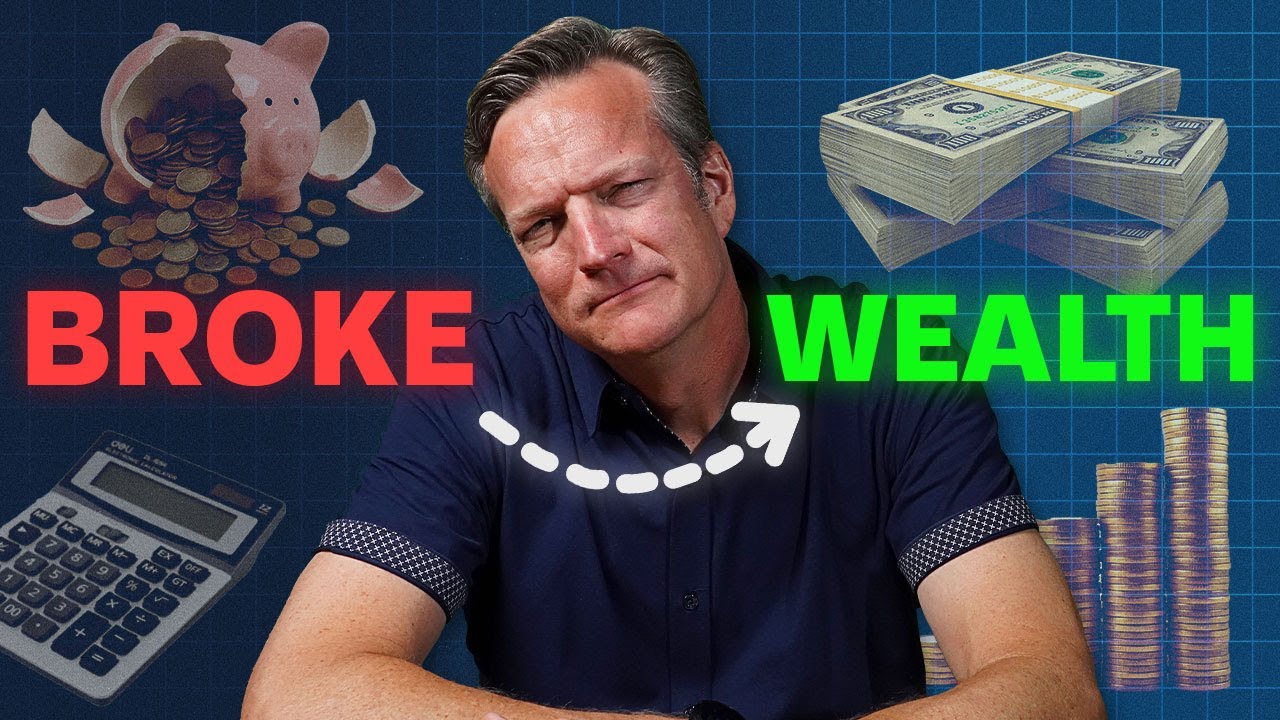Alright, we have a question from Ethan. He asks, "If my HSA has poor investment options, should I prioritize my Roth first? When does it make sense to not contribute to an HSA?"
It's funny, I saw someone ask this question the other day. They said, "I have an HSA, and I love it and I want to contribute to it, but the investment options are poor. The stated yield is 0.1% on their cash that sits in the HSA, and that kind of stinks." Right now, if you have cash parked in an HSA earning 0.1%, that's not doing a lot for you.
The very first question I would ask Ethan is why are you married to that HSA? Let's say that you work for an employer who says, "If you want to contribute to an HSA and we're going to put money in, you have to use this provider. We're not going to have any investment options, and we're not going to have any sort of high interest." If it were me, I would try to figure out if there is a way that I can do the minimum required there to get free money. Can I put a thousand dollars into the company HSA to get the maximum match or whatever, and then fund the rest of it somewhere else?
Maybe you're in a structured situation where you can't do that, but even just putting money into the HSA on the front end, taking away the investing, and taking away the growth, there's still a pretty significant tax benefit to doing that. You get a front-page tax deduction on your tax return for those contributions, so it's really hard to justify not doing that if you have access to an HSA and if you are someone who can fund a high deductible plan.
Now, let's talk about it in this way. If you have a bad HSA in the fact that it just doesn't grow, you have no growth opportunity. Realize that 96% of people use HSAs just to put the money in as a clearing account to pay medical expenses, but they still get that tax deduction. They take advantage of one of the three prongs of the huge tax benefits of HSAs.
You can put over seven thousand dollars for a family, and you can take the tax deduction. If you're in a 25-30% tax bracket, you can see well over two thousand dollars in tax savings from that. Nothing says that as long as your income is below the threshold, you can't take that two thousand dollars of tax savings and put it in the Roth IRA. You've still got the best of both worlds.
We always talk about maximization strategies. I'd love for you to be able to do both the HSA and the Roth IRA, and then, once you get your out-of-pocket limits and so forth, invest that HSA so you can get reimbursed at a later point. But not everybody can do that, so you have to take where you are and figure out what's the maximization strategy with the resources you have.
Don't walk away from the HSA just because if it fits you, if you have a high deductible plan, it's the best choice to make. Take the tax deduction, use those tax savings now. Don't go spend those tax savings and just squander the opportunity. Try to use that same money that would have gone in to fund the Roth IRA. Try to do better and expand it more to where you're maxing out the Roth. Still, I think that's a great way that you could make sure every dollar that you use was used appropriately.
For more information, check out our free resources
here.














